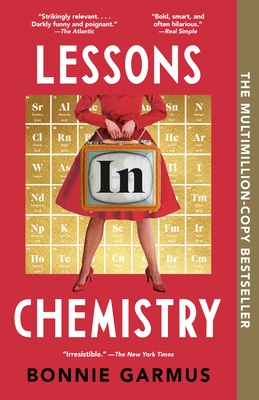Essentials in English Laboratory Method, First Book
Select Format
Select Condition 
Book Overview
No Synopsis Available.
Format:Paperback
Language:English
ISBN:0520040244
ISBN13:9780520040243
Release Date:October 1981
Publisher:University of California Press
Length:344 Pages
Weight:0.96 lbs.
Dimensions:9.0" x 0.9" x 5.9"
Customer Reviews
4 customer ratings | 4 reviews
There are currently no reviews. Be the first to review this work.





















